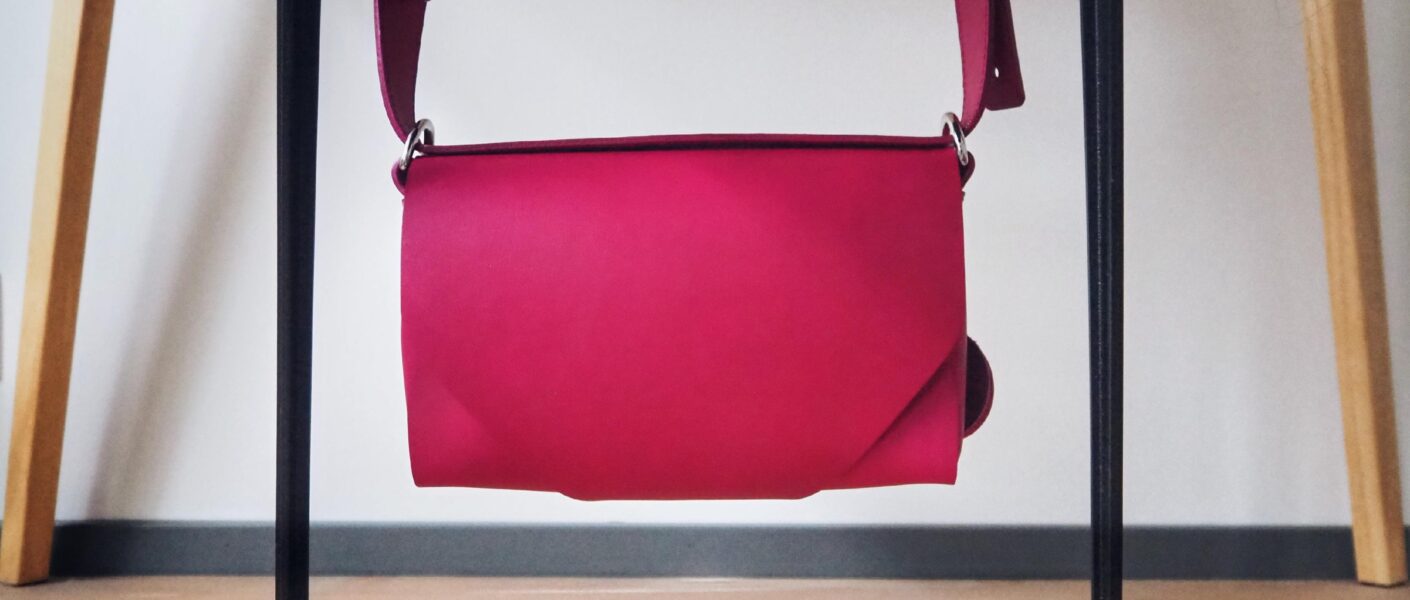Before we dive into how to recycle clothes in a sustainable way, I want to explain why recycling clothes is so problematic.
Mixed fabrics
The harsh reality with our recycled clothes is that only 1% of all the material is actually re-used in textile production.
This is because, at the moment, only fabrics that are 100% same material can be recycled. But most of our clothes are a blend of polyester and one or two other materials. There is no solution for how to separate these materials from each other.
Thankfully there is already light at the end of the tunnel! When it comes to ecological alternatives for the clothing industry, Finland is showing us the way. A biorefineries research group in the Aalto University have discovered a way to “melt” the cotton from cotton-polyester mixed fabrics.
The melted away cotton could then be reused as new fabric. The research is still ongoing and they are next going to see if the polyester can be upcycled as well.
Oil-based synthetic fabrics are an environmental threat
When we throw away our clothes, we don’t spare much thought for what becomes of them. But when around 60% of all the clothes made today are made out of synthetic materials, the environmental strain has become a huge issue.
The most widely used synthetic fabric is polyester. What many don’t know is that polyester is basically made out of oil. It’s plastic. And we all surely know that plastic doesn’t degrade. Polyester is also mixed with, for example, cotton in 90% of the time, so it’s really hard to recycle clothes then.
So, when we drag truck-loads of polyester clothes to landfills, they will keep releasing copious amounts of greenhouse gases into our atmosphere polluting the whole planet indefinitely.
Polyester is a very problematic fabric also because recycling it requires a lot of chemicals. And we know how environmentally friendly chemicals are, right?

How to Recycle Clothes Ecologically
At the moment there is no legislation for how to recycle clothes ecologically. And without legislative pressure, most of us will not spare a thought for the issue. But things are changing!
The European Union has already taken steps and issued a directive on textile waste: by 2025 all textiles in the EU area must be collected separately.
The Union is encouraging member states to embrace the circular economy. Because let’s face it, shipping all our shit to landfills in faraway countries makes no sense on any level.
But until this scheme becomes reality, the responsibility to take care of our own shit lays on us. So, let’s get to work for a better future!
Recycling intact clothes:
Second hand shops
We’ve all probably done this: booking a table or a rack from a second-hand store and brought clothes there to be resold. It’s one of the most ecological ways to recycle clothes. And you earn a bit of extra cash too!
Sell online
Internet has given us a lot of new opportunities to recycle clothes. One of them being the ability to sell our clothes without an intermediary.
Well, almost. The online second hand platforms do take a little commission from your earnings, but the process overall is a lot easier than pricing and organizing your clothes in a physical store.
Try these: Depop, Vestiaire, Ebay and local second hand Facebook groups.
Clothes swap
Now there is also a new way of selling where clothes are the currency! Swapping is a brilliant way to dispose of your unwanted pieces by trading them for someone else’s unwanted pieces that you happen to love! This is definiely one of the most sustainable ways to recycle clothes.
Try these: Fabble, SWOP Clothing Exchange and Global Fashion Exchange
Recycling broken clothes:
Use them as rags around the house
Most of our clothes are made out of synthetic, oil-based materials that will never degrade. So, we must find new use for them when wearing isn’t an option anymore.
One of the easiest ways to recycle clothes that are broken is to use them as rags in your bathroom, kitchen or in the garage.
Take them apart
Our clothes can be given a new life as something completely else. For example, the inside lining of underpants can be cut out and used as reusable make-up wipes instead of cotton pads.
And before you go “eeew, how unhygienic” I do trust that you’d be smart enough to wash the panties before using parts of them as make-up wipes. Right?!
You can also recycle clothes by upcycling them, which brings us to the next point:
Upcycle
Upcycling is simply a way to recycle your old or broken clothes to make them into something new. For example,
- a pair of jeans can be turned into denim shorts by just cutting the legs shorter
- a basic top can be turned into a drawstring top
- a maxi dress into a midi or mini dress, etc., etc., etc.
The options go as far as your imagination!
See if they can be composted
If, and ONLY IF a garment is 100% made out of natural material (this includes threads used in sowing, etc.) you can actually compost it. Natural fibers do degrade back into the earth unlike synthetic materials. But do be careful not to bog down your compost with synthetic fabrics.
THE UNCOMFORTABLE TRUTH
We have bought and thrown away so much clothes in the past 20 years alone that there’s not much that could be done about their environmental impact. Instead, the clothes will remain and pollute our planet for hundreds of years to come.
The only way forward is to cut the consumption curve: we need to STOP buying excessively. There is no ecological solution to recycle clothes yet. Which means that every piece of clothing you have bought are here to stay. Forever!
So please, make sure you don’t send your clothes to landfill anymore, and spread the word!
This is the best chance we’ve got right now. New technology is coming, but it’s not here yet. And until it comes, we’re running out of time. Our planet is running out of time.
I hope this guide into clothing recycling has been helpful and that it’s inspired you to look after your current clothes more. We don’t need to make huge changes or take enormous steps to change our whole lifestyle. But we do have to start taking responsibility of the problem that we are a part of.
We’re all guilty of over-consumption. But it’s not too late! And the more of us start paying this issue more attention and take action, the bigger the impact!



